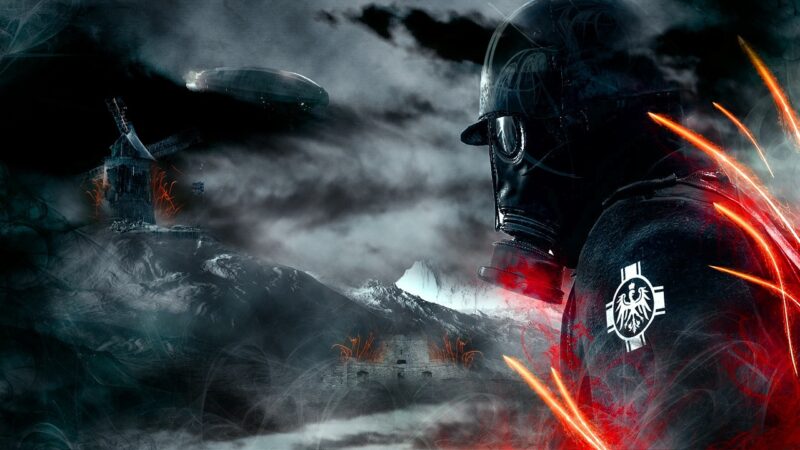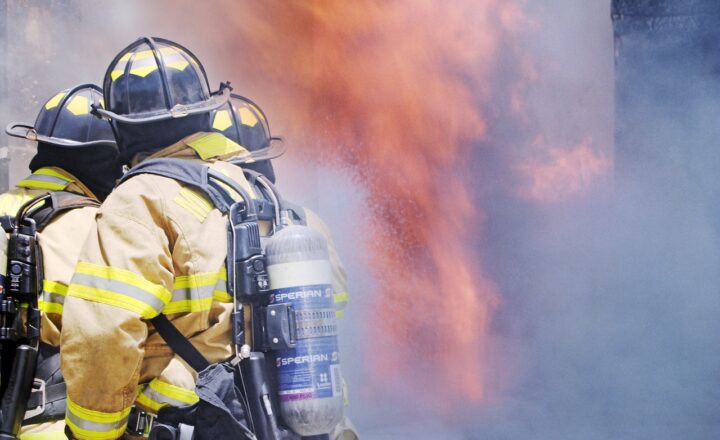The Role of Military Medics in Ensuring Soldier Survival on the Frontlines
November 16, 2024

In the chaotic and intense environment of the battlefield, every second counts. The survival of soldiers often hinges on the immediate care they receive from military medics. These dedicated individuals operate at the intersection of medical expertise and military protocol, often in high-stress situations. Understanding the multifaceted role of military medics is essential to appreciating their contribution to both individual soldier survival and overall mission success.
1. What Are Military Medics?
Military medics, also known as combat medics, are specially trained healthcare professionals who provide emergency medical care to soldiers on the battlefield. Their training includes not just medical skills but also tactical ground operations, allowing them to function effectively in combat environments. Their responsibilities encompass a wide range of duties, from basic first aid to advanced life support, often under fire.
2. Training and Preparation
The journey to becoming a military medic begins with rigorous training that prepares them for the unique challenges they will face. Initially, candidates undergo basic combat training, where they learn to adapt to military life and the fundamentals of soldiering. Following that, they attend specialized training programs, including the following:
- Emergency Medical Technician (EMT) Certification: Medics are trained to perform advanced emergency medical procedures, which are crucial on the battlefield where immediate care is vital.
- Tactical Combat Casualty Care (TCCC): This specialized training teaches medics to conduct care in combat scenarios, focusing on stopping life-threatening hemorrhages, maintaining airway patency, and preventing infection in wounds.
- Field Medical Training: Medics engage in hands-on training in various environments to simulate battlefield scenarios, ensuring they are prepared for real-world situations.
Through this extensive training, military medics become capable of making critical decisions that can mean the difference between life and death.
3. The Responsibilities of Military Medics
Military medics hold a multitude of responsibilities, each key to ensuring soldier survival during combat operations. Their primary functions include:
- Immediate Care & Stabilization: Medics are often the first responders on the scene. They assess injuries, provide immediate treatment, and stabilize patients for transport to higher medical facilities.
- Triage: In situations where multiple soldiers are injured, medics must quickly assess and prioritize care based on the severity of injuries, a process known as triage.
- Pain Management: Effective pain management is crucial for patients, and medics are trained to administer appropriate medications while managing potential side effects.
- Communication with Command: Medics must relay vital information regarding injured soldiers to commanding officers, ensuring that evacuation and medical support are coordinated effectively.
These responsibilities require not just medical knowledge but also the ability to operate under pressure amidst battlefield chaos.
4. The Impact of Technology on Medic Operations
The landscape of battlefield medicine has evolved significantly due to technological advancements. Military medics now have access to a variety of tools that enhance their capabilities, including:
- Advanced Medical Equipment: Portable diagnostic imaging, bleeding control devices, and telemedicine equipment allow medics to perform life-saving procedures more effectively.
- Wearable Technology: Innovations like wearable health monitors can provide real-time data on a soldier’s condition, allowing medics to make informed decisions rapidly.
- Drones for Medical Evacuations: Emerging technologies include drones designed for rapid medical supply transport and even evacuation of injured personnel, minimizing transport times to higher medical facilities.
These innovations continually reshape the role of medics, making them even more effective in ensuring soldier survival on the frontlines.
5. Challenges Faced by Military Medics
While the role of military medics is crucial, it does not come without challenges. They often face the following obstacles:
- High-Stress Situations: The unpredictable nature of combat requires medics to maintain composure under extreme pressure, making quick decisions with limited information.
- Emotional Toll: Witnessing traumatic injuries and the loss of comrades can lead to significant psychological stress, necessitating mental health support for medics themselves.
- Limited Resources: On the battlefield, access to medical supplies can be limited, challenging medics to improvise with available materials.
Support systems and ongoing training are essential in helping medics navigate these difficulties and continue providing care under dire circumstances.
6. The Evolution of Military Medic Roles Over Time
The role of military medics has evolved significantly throughout history. From the early days of conflict, where basic first aid was provided by non-medically trained peers, to the sophisticated medical models seen today, military medicine has become increasingly specialized. Key developments that have shaped the evolution of military medics include:
- World Wars: The two World Wars spurred immense advancements in medical training and tactics, introducing concepts like triage on the battlefield and the establishment of evacuation protocols.
- Korean and Vietnam Wars: These conflicts further highlighted the need for advanced medical procedures and the integration of helicopters for quick medical evacuations, underscoring the importance of timely care.
- Modern Conflicts: Today’s military medics are at the forefront of battlefield medicine, utilizing advanced technologies and proactive health measures to increase the survival rate of injured soldiers dramatically.
The evolution of their role continues as medical science advances and new technologies emerge, ensuring soldiers receive the best possible care during conflict.
Conclusion
The role of military medics is pivotal in safeguarding soldier lives on the frontlines. Their training, rapid response, and ongoing adaptation to the latest medical practices and technologies make them essential components of military operations. As we continue to advance in medical technologies and methodologies, the capabilities of military medics will also evolve, ensuring that they remain at the forefront of battlefield care. Their work is not just about emergency care but also about providing hope, reducing suffering, and maximizing every soldier’s chance of survival.
As we recognize the sacrifices and challenges faced by these brave individuals, it’s important to advocate for better mental health resources and training opportunities for medics, ensuring they are prepared to handle not only the physical injuries of soldiers but the psychological burdens they may carry.








